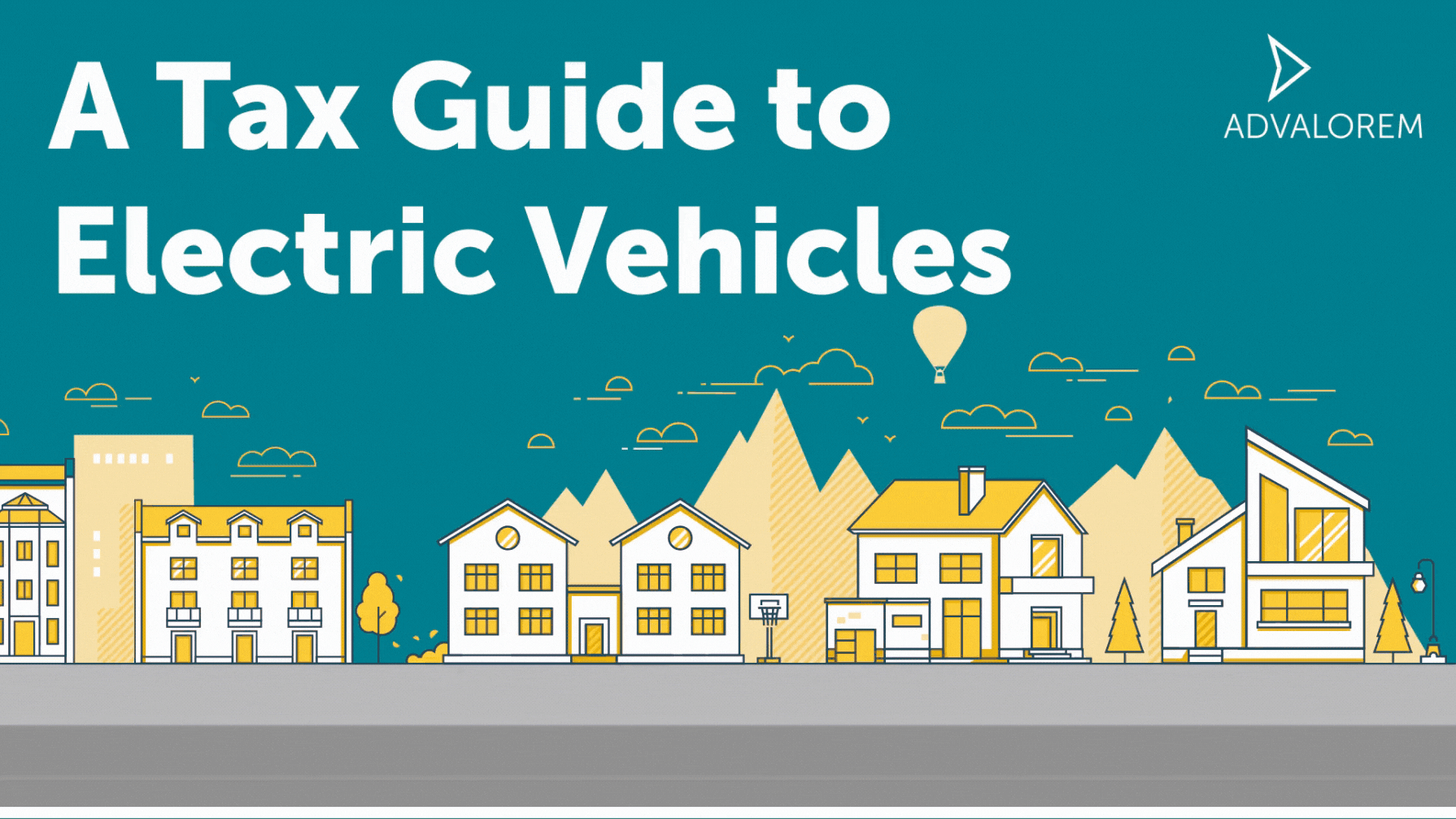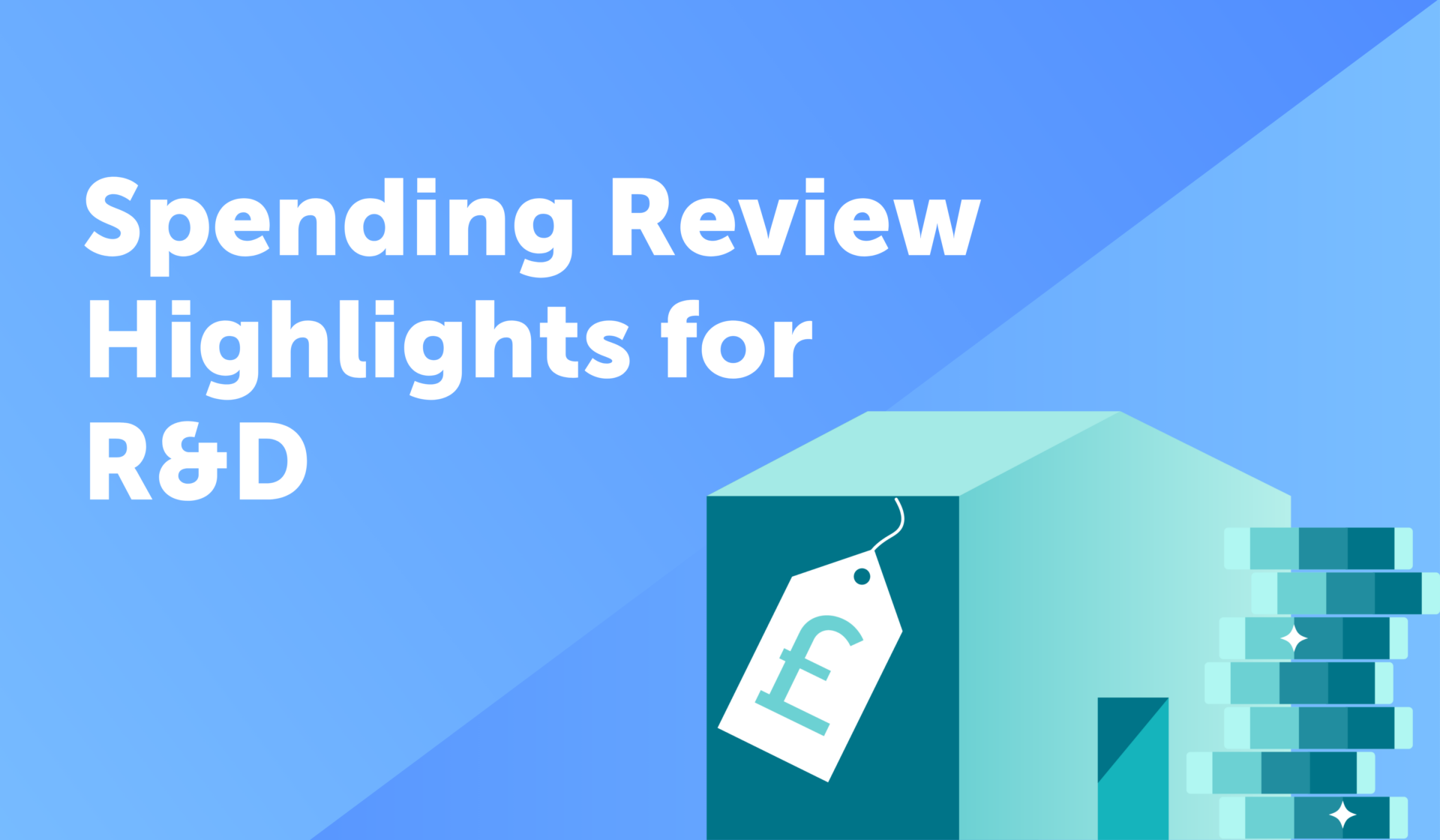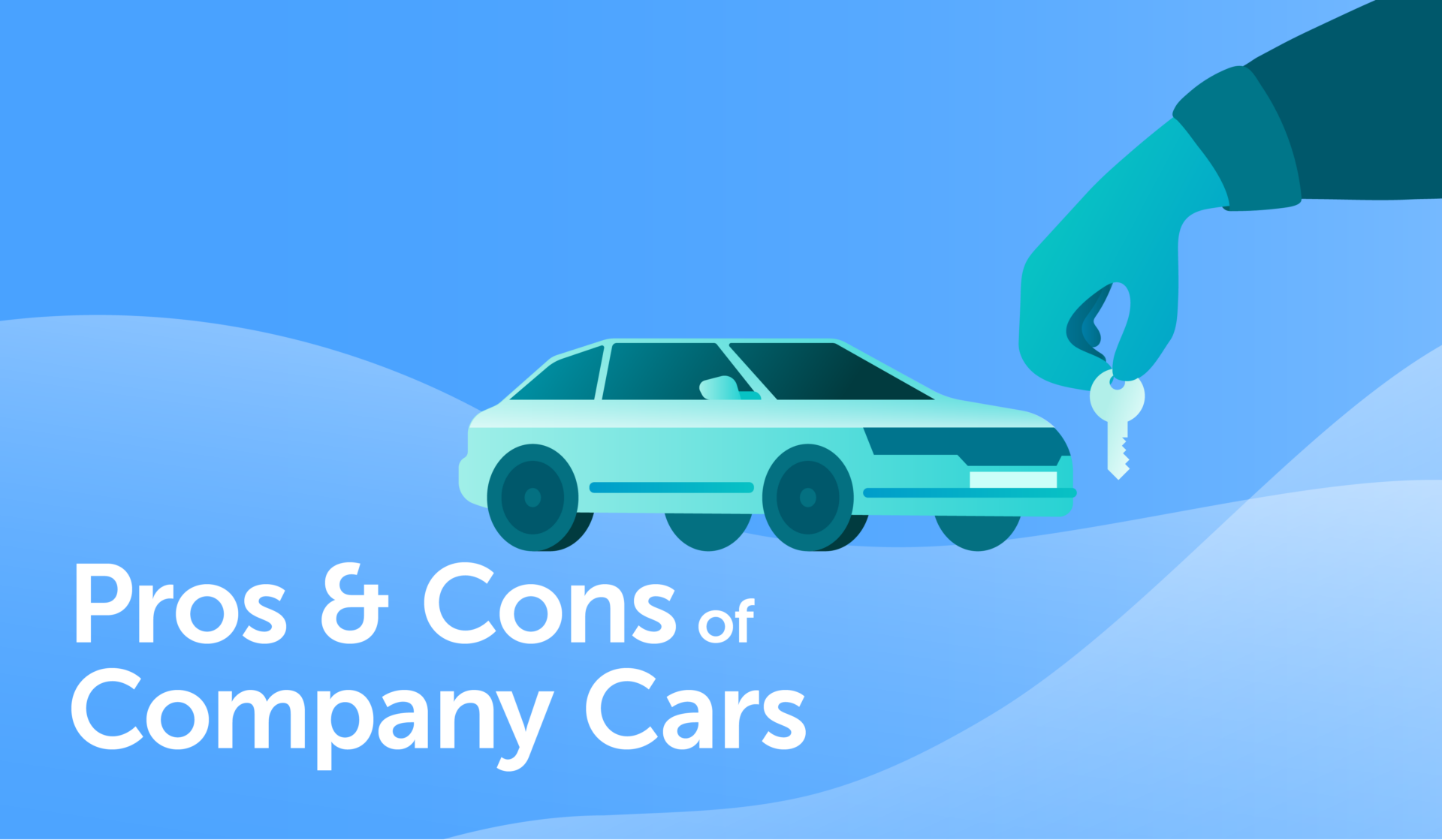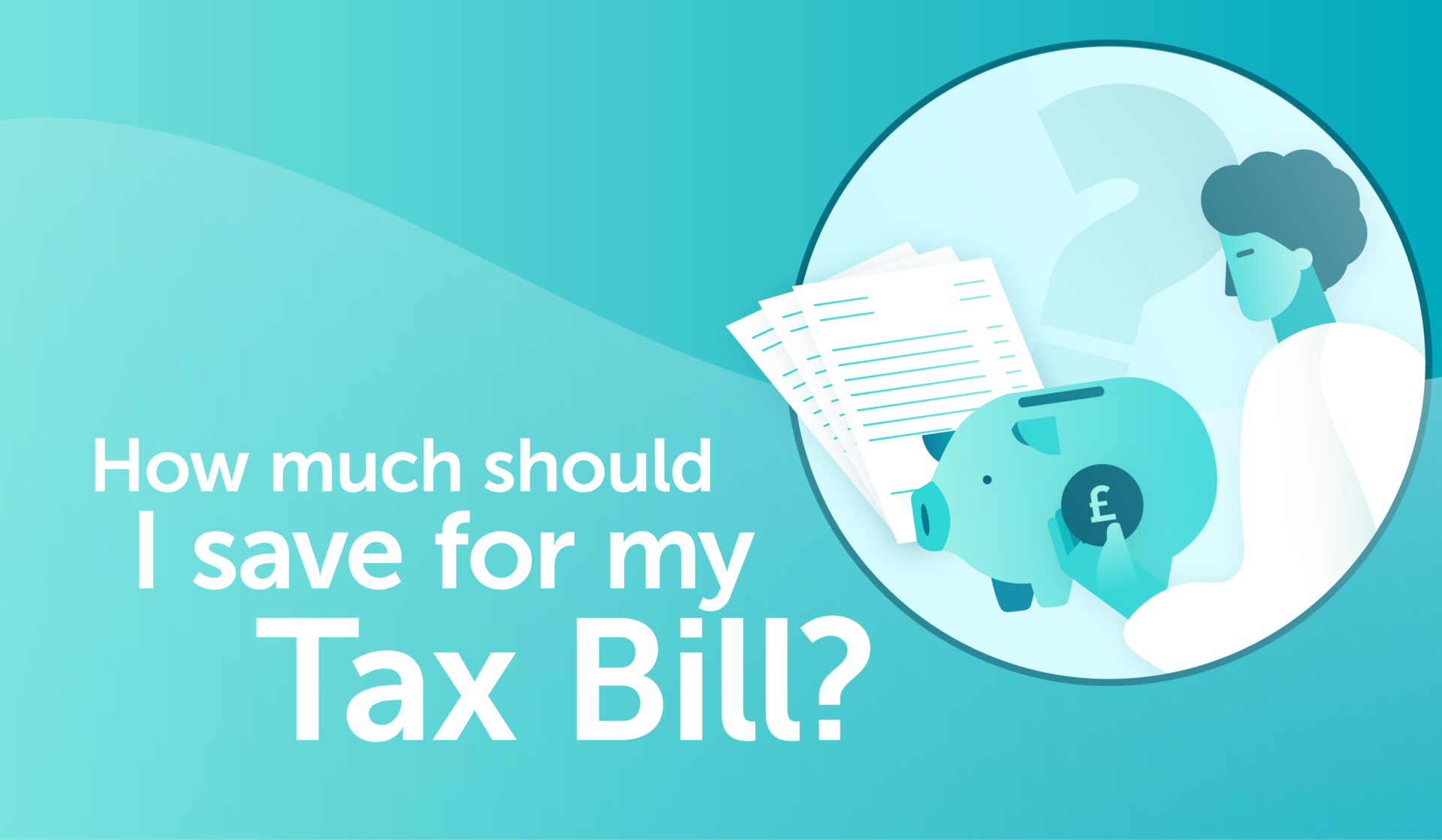
A Tax Guide to Electric Vehicles
The tax implications of an electric vehicle differ based on whether you are a Sole trader, Partnership or if you operate through a Limited Company. We have outlined the key tax points to consider should you wish to purchase an electric vehicle for use in your business.
Sole traders / Partnerships
For a sole trader / partnership, the first thing to consider is your method of obtaining an electric vehicle as the tax treatment can differ greatly should you buy it outright, through a hire purchase agreement, or if you were to lease the vehicle.
Please note that should the vehicle also be used for both business and personal use, the amount claimable is restricted to business use. For example, if the electric vehicle is used equally for the business and personal use, only 50% of the allowable costs associated with the electric vehicle may be claimed against your business profits.
Out-right purchase
Electric cars attract favourable ‘first year allowance’. should you purchase a new electric vehicle outright over cars with higher emissions, you will be able to claim 100% of the purchase cost against your profits for the year as a first year capital allowance.
Should you not have the available profits in the current year, you may use these allowances to create a loss which may be set against your other income for the current year, carried back to the previous year, or against future profits from your business.
Alternatively, you can elect to disclaim all or part of the capital allowances in the current year and instead claim allowances at 18% each year. This is on a ‘reducing balance’ basis and an example of this is below:
Example 1 – Written down value of a vehicle
A Sole Trader purchases a new electric vehicle for £50,000
| Value of the electric vehicle | £50,000 |
| Amount claimed in year 1 (18% of £50,000) | (£9,000) |
| Value of electric vehicle for year 2 | £41,000 |
| Amount claimed in year 2 (18% of £41,000) | (£7,380) |
| Value of electric vehicle in year 3 | £33,620 |
This continues until the full cost of the electric vehicle has been claimed, or the electric vehicle has been sold.
If the electric vehicle you are purchasing is second hand, you will only be eligible to claim the annual allowances at 18% (you are not able to claim the first year allowances).
Should there be any personal use, the amount of the allowable allowances will be restricted to just your business use of the vehicle.
Input VAT is not normally recoverable on the purchase of cars by individuals or companies which are VAT registered.
Hire purchase agreement
The tax treatment of a hire purchase agreement is similar to an out-right purchase. First year capital allowances will be available equal to 100% of the capital cost of the electric vehicle which can be set against your profits for the current year if it is a new electric vehicle, or annual allowances at 18% can be claimed if it is a pre-owned electric vehicle.
In addition to this, the interest charged on the agreement is an allowable business expense. The full amount of interest charged for the year may be claimed against your profits in the same year.
Once again, should there be any personal use, both the allowable capital costs and interest charged will be restricted accordingly.
As a hire purchase is the same as an outright purchase for tax purposes, input VAT will not usually be recoverable on the hire purchase agreement.
Leasing an electric vehicle
Under a lease agreement you do not legally own the asset, so there is no allowable deduction for the capital cost of the vehicle. Instead the full monthly payment may be deducted from your business profits. Once again this is subject to restrictions if the electric vehicle is also used for personal journeys. Under a lease agreement the same deduction in profits is available regardless of whether the vehicle leased is a brand new vehicle or pre-owned. There are two ways a lease can be structured, either as a finance lease or an operating lease.
50% of the input VAT charged on a lease is recoverable.
Finance Lease
A finance lease works in a similar way to a hire purchase agreement except the car is returned at the end of the term of the agreement. As the car is never legally owned by the business, tax relief is given in a different way.
In this instance tax relief is given on the depreciation of the asset which has been charged to the profit and loss account as well as the interest charged on the lease. However, this deduction is restricted by 15% if the car has CO2 emissions of over 50g/km
For sole traders the allowable deduction is restricted to just include the business use element of the lease.
Operating lease
An operating lease is usually for short term car rentals. Relief for this is given on the cost of rental payments over the period however once again is subject to a 15% restriction in the emissions are over 50 g/km.
For sole traders the allowable deduction is restricted to just include the business use element of the lease.
Summary for sole traders
| Outright purchase | Hire-purchase | Finance Lease | |
| Maximum allowable deduction for capital cost of a brand new vehicle in first year | 100% of the purchase cost | 100% of the purchase cost | No capital cost allowed 100% of monthly lease payments allowed |
| Maximum deductions for a pre-owned vehicle in first year | 18% of the value (see example 1 above) | 18% of the value (see example 1 above) | No capital cost allowed 100% of monthly lease payments allowed if electric car 85% of monthly lease if high emissions car |
| Interest cost allowable? | No interest charged | Full interest costs allowed | Interest element of lease agreement included in monthly payments |
| VAT Recoverable? | No | No | 50% recoverable |
Please note that where there is a private use element of the vehicle these allowances are proportionately reduced.
Flat rate expenses
Alternatively, you are able to claim a ‘flat rate’ expense of 45p per mile for the first 10,000 business miles and 25p thereafter each year rather than the capital allowances above. In addition to this you are able to claim the interest element of either a hire purchase or finance lease, once again this is restricted to the business use element only.
Should you make the election to claim flat-rate allowances this election is irrevocable for the lifetime of the vehicle.
Should you be providing the car for an employee, there will be no private use adjustment in your allowances however the car benefit will need to be reported on a P11D for the employee. And Class 1A National insurance, at 13.8%, will be payable on the ‘cash equivalent’ of the vehicle.
Pease see the ‘Company Car Benefit’ subsection of the ‘For companies’ section below for further details.
For companies
The Corporation Tax implications of a company electric vehicle, like a sole trader, vary depending on the type of purchase made by the Company.
For companies the tax treatment of electric company cars is similar to that for sole-traders. The main difference being that there are no adjustments needed for private use by either an employee or director. This is because the company car will always be subject to the benefit in kind rules and therefore additional tax will be charged on the individual who has the car, rather than the company. The benefit in kind rules are discussed below.
Please note that the super-deduction of 130% is not available on cars.
Once again, the tax treatment of an electric car will vary based on how it is purchased.
Out-right purchase
Should you purchase a new electric vehicle outright you will be able to claim capital allowances at 100% of the purchase cost as a first year allowance. This will reduce the company’s taxable profits.
Should you not have the available trade profits in the year you purchase the vehicle, you may use these allowances to create a loss which may either be set against your total profits for the current year, carried back against the profits of the previous 12 months to generate a Corporation Tax repayment or carried forwards to offset against future profits.
Alternatively, you can elect to disclaim all or part of the capital allowance in the current year and instead claim annual allowances at 18% each year. This is on a ‘reducing balance’ basis. An example of this is below:
Example 1 – Written down value of a vehicle
A company purchases a new electric vehicle for £50,000
| Value of the electric vehicle | £50,000 |
| Amount claimed in year 1 (18% of £50,000) | (£9,000) |
| Value of electric vehicle for year 2 | £41,000 |
| Amount claimed in year 2 (18% of £41,000) | (£7,380) |
| Value of electric vehicle in year 3 | £33,620 |
This continues until the full cost of the electric vehicle has been claimed, or the electric vehicle has been sold.
If the electric vehicle you are purchasing is second hand, you will only be eligible to claim the annual allowances at 18% (you are not able to claim the first year allowances).
Input VAT is not normally recoverable on the purchase of cars by individuals or companies which are VAT registered.
Hire purchase agreement
The tax treatment of a hire purchase agreement is similar to an out-right purchase. Capital allowances are available on 100% of the capital cost of the electric vehicle which can be set against your trade profits for the current year if it is a new electric vehicle or annual allowances at 18% can be claimed if it is a pre-owned electric vehicle.
In addition to this, an allowable deduction is available for the interest charged on the agreement. The full amount of interest charged for the year may be set against your trade income for the year.
Once again, as a hire purchase is the same as an outright purchase for tax purposes, input VAT will not be recoverable on the hire purchase agreement.
Leasing an electric vehicle
As, under a lease agreement, the company does not legally own the asset, there is no available deduction for the capital cost of the vehicle.
Instead the full monthly payment may be deducted from your trade profits. Under a lease agreement the same deduction in profits is available regardless of whether the vehicle leased is a brand new vehicle or pre-owned. As with Sole-Traders, there are two ways a lease can be structured, either as a finance lease or an operating lease.
50% of the input VAT charged on a lease is recoverable.
Finance Lease
A finance lease works in a similar way to a hire purchase agreement except the car is returned at the end of the term of the agreement. As the car is never legally owned by the company tax relief is given in a different way.
In this instance tax relief is given on the depreciation of the asset which has been charged to the profit and loss account as well as the interest charged on the lease. However, this deduction is restricted by 15% if the car has CO2 emissions of over 50g/km
Operating lease
An operating lease is usually for short term car rentals. Relief for this is given on the cost of rental payments over the period however once again is subject to a 15% restriction in the emissions are over 50 g/km.
Summary for Companies
| Outright purchase | Hire-purchase | Finance Lease | |
| Maximum allowable deduction for capital cost of a brand new vehicle in first year | 100% of the purchase cost | 100% of the purchase cost | No capital cost allowed 100% of monthly lease payments allowed |
| Maximum deductions for a pre-owned vehicle in first year | 18% of the value (see example 1 above) | 18% of the value (see example 1 above) | No capital cost allowed 100% of monthly lease payments allowed if electric car. 85% of monthly lease claimable if car has emissions of over 50g/km |
| Interest cost allowable? | No interest charged | Full interest costs allowed | Interest element of lease agreement included in monthly payments if electric car. 85% of monthly interest charge claimable if car has emissions of over 50g/km |
Company Car Benefit
There are separate tax implications for the employee or director who receives the electric vehicle. The conditions for the employee/ director are the same regardless of how the electric vehicle is acquired by the company.
Where an employee / director has private use of a vehicle this create a benefit in kind which need to be reported on a form P11D each year. This form must be filed with HMRC by 6th July following the end of the tax year.
The company will be liable to pay Class 1A National Insurance (13.8% for 2023/24) on the ‘cash equivalent’ of the car.
Class 1A NIC will be payable by the company on any cars provided to it’s employees or directors. This will be an allowable deduction from taxable profits when calculating its Corporation Tax.
The employee / director also has this cash equivalent added to their earnings and will pay tax on this amount.
The cash equivalent is calculated as follows:
| List price of the car | X |
| Accessories on the car | X |
| Less capital contributions by employee (maximum £5,000) | (X) |
| Revised list price | X |
The adjusted list price is then multiplied by a ‘relevant percentage’ which is based on the emissions of the vehicle. For electric or zero emissions cars the relevant percentage for the year up to 2027/28 can be found in the table below:
| Tax year | Car benefit percentage for electric and zero emissions cars |
| 2022/23 | 2% |
| 2023/24 | 2% |
| 2024/25 | 2% |
| 2025/26 | 3% |
| 2026/27 | 4% |
| 2027/28 | 5% |
If you have any questions about tax relating to electric vehicles, please don’t hesitate to contact us using the details below:
(E) enquiries@advaloremgroup.uk (T) 01908 219100 (W) advaloremgroup.uk







